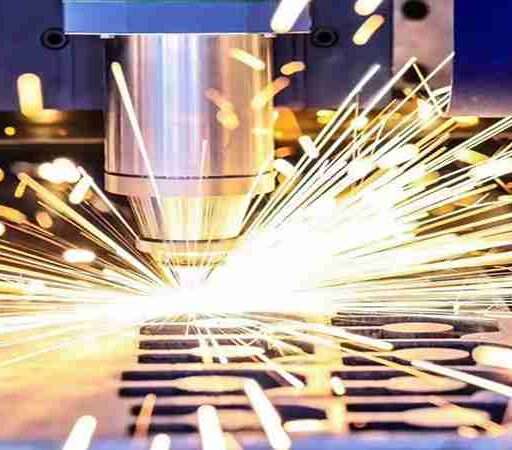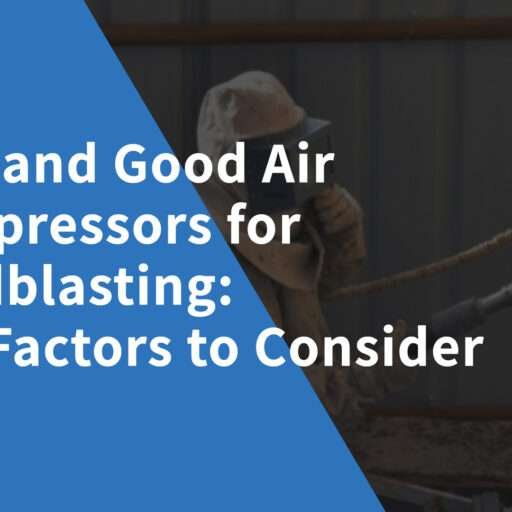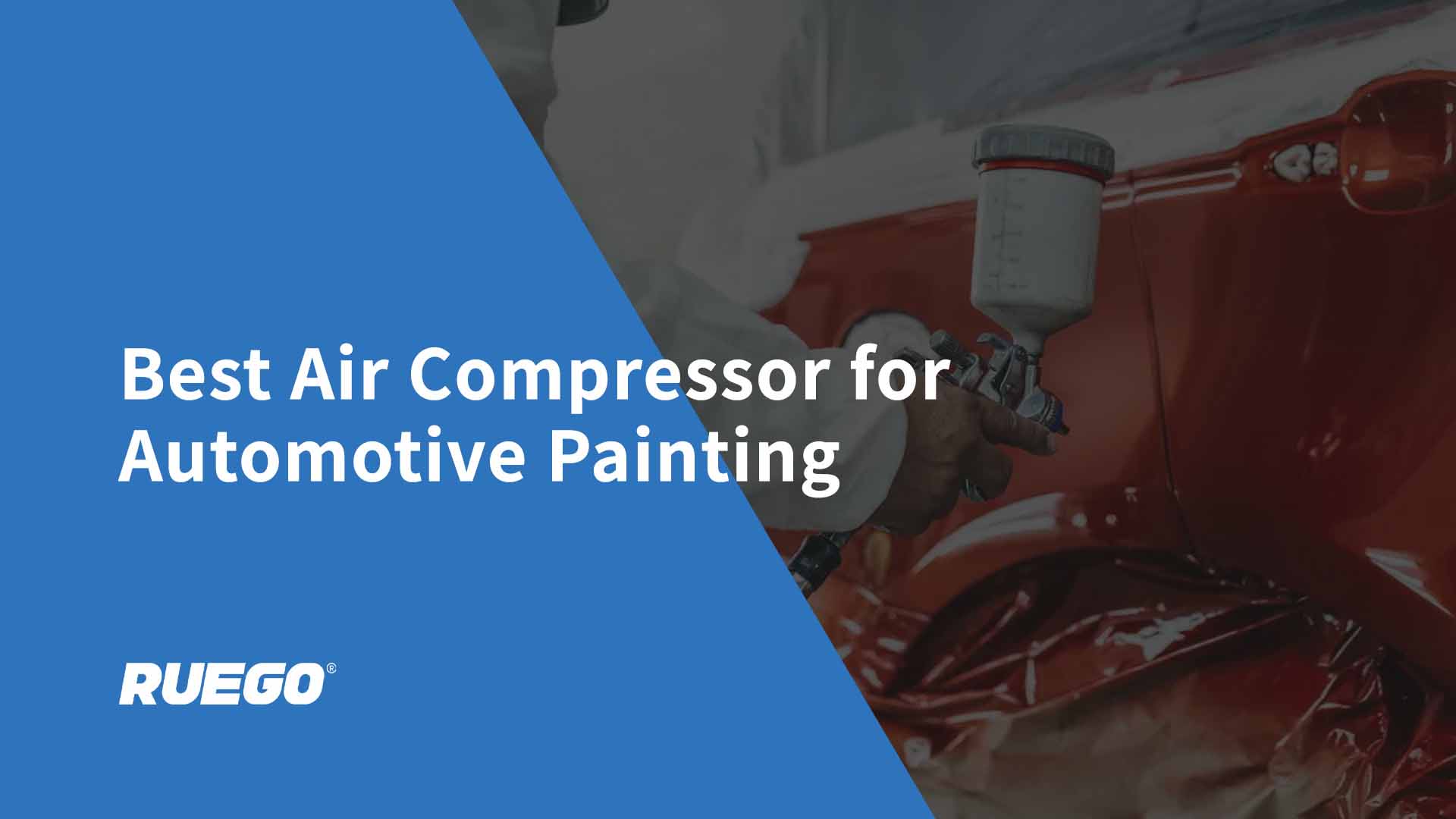
Table of Contents
Selecting the appropriate air compressor for automotive painting is critical to ensure smooth and efficient work in automotive work, whether as a hobbyist or professional. A good air compressor can significantly enhance your painting results by reducing defects such as uneven coverage or nozzle clogging, so we will explore piston, rotary screw, and small rotary screw air compressors to help you select one best suited to your needs. In this article, we’ll take a closer look at each type of air compressors so that you can select one suitable to you and select which air compressor best meets those criteria.
Why Choosing the Right Air Compressor for Automotive Painting Matters
Selecting an air compressor designed specifically for automotive painting requires more than simply providing air pressure; you need one with stable airflow, energy efficiency, and reliable performance to ensure even application of paint across a surface evenly and produce optimal results. Whether working on vehicles in a workshop or restoring vintage vehicles at home, choosing an appropriate compressor plays an integral part in this process.
Types of Air Compressors for Automotive Painting: Piston, Rotary Screw, and Small Rotary Screw
Understanding the differences between piston air compressors, rotary screw air compressors, and small rotary screw air compressors will guide you in making the right choice when selecting the best air compressor for automotive painting.
Piston Air Compressors
Piston air compressors are the traditional choice for small automotive painting projects. Their design is well-established, making them suitable for light to moderate workloads. Piston air compressors work by using a piston to compress air and store it in a tank for later use. The main advantage is that they have low initial costs, making them suitable for small workshops. However, piston air compressors require more maintenance and are not ideal for long-term, high-demand tasks.
Main Advantages:
- Ideal for small projects, low initial cost
- Durable and reliable, suitable for moderate use
- Easier to maintain
Limitations:
- Noisy operation
- Not suitable for long-term continuous use
Related Products
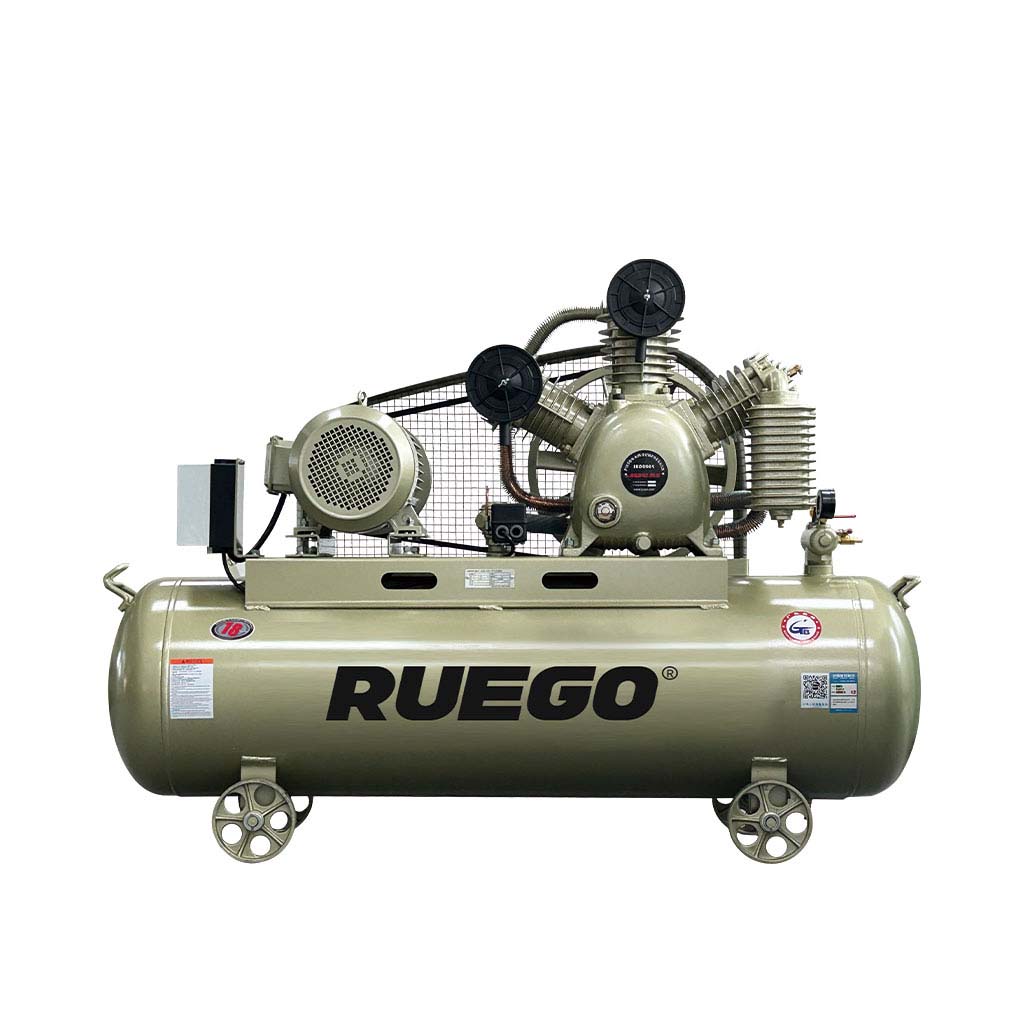
Piston Air Compressors
Power Range: 0.75~15 kW | 1~20 HP
Exhaust Pressure: 8~30 Bar | 116.03~435.11 PSI
Exhaust Volume: 0.12–2.0 m³/min | 4.24–70.63 CFM
Gas Tank Capacity: 25L~800L | 6.6~211 Gal
View Products
Rotary Screw Air Compressors
Rotary screw air compressors are ideal for larger projects or professional environments where high efficiency and continuous operation are required. These compressors use two interlocking screws to compress air, providing stable and even airflow. They require less maintenance and operate more quietly, making them perfect for automotive painting, especially when steady pressure over long periods is essential.
Main Advantages:
- Quiet and efficient even with long hours of operation
- Provides stable, consistent airflow, ensuring flawless paint results
- Requires less maintenance, making it ideal for high-demand projects
Limitations:
- Higher initial investment compared to piston air compressors
- Larger size, requiring more space
- Requires an additional air tank
Related Products
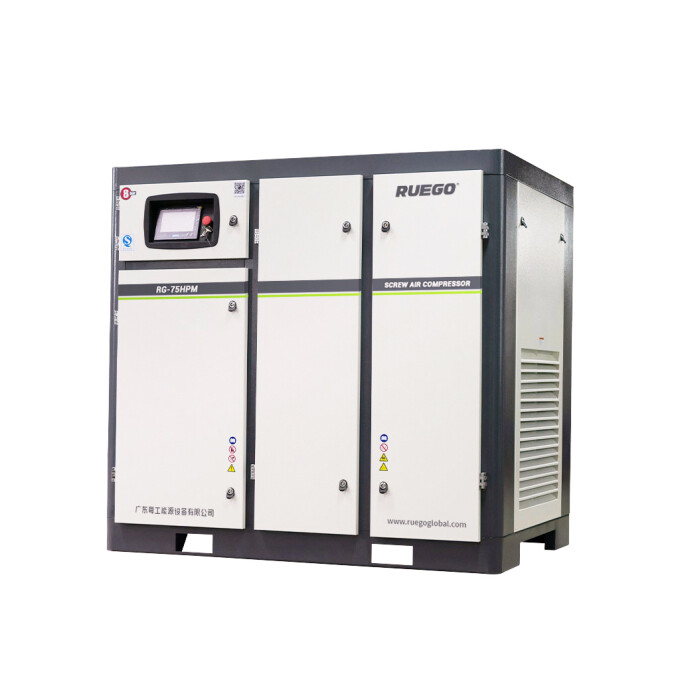
Rotary Screw Air Compressors
Power Range: 7.5~75 kW | 10~100 HP
Exhaust Pressure: 8~12 Bar | 116.03~174.05 PSI
Exhaust Volume: 1.1–12.5 m³/min | 38.85–441.43 CFM
View Products
Small Rotary Screw Air Compressors
As a newer option, small rotary screw air compressors combine the screw compressor with the air tank, saving space compared to traditional rotary screw compressors. The initial cost is similar to that of piston air compressors. They are particularly suitable for small workshops and DIY enthusiasts who need higher performance. Small rotary screw air compressors offer more stable airflow, less noise than piston air compressors, and lower maintenance requirements. Their work efficiency and stability far exceed those of piston air compressors.
Main Advantages:
- Initial cost similar to piston air compressors, but provides more stable airflow
- Lower noise levels, suitable for long hours of operation
- Lower maintenance requirements, saving long-term costs
- More suitable for high-performance, consistent painting needs
Limitations:
- The maximum power is 7.5 kW, which is not enough for larger projects
Related Products
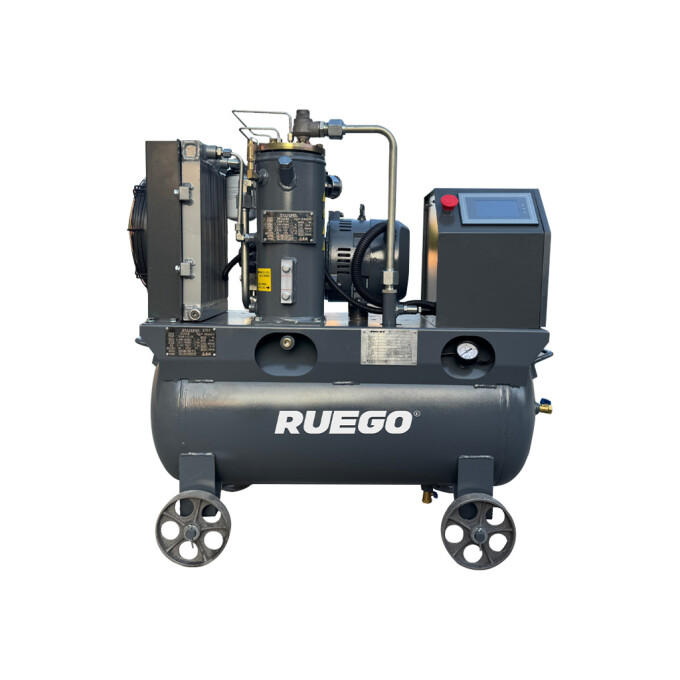
Small Rotary Screw Air Compressors
Power Range: 2.2~7.5 kW | 3~10 HP
Exhaust Pressure: 7~ 10Bar | 101.53~145.04 PSI
Exhaust Volume: 0.28–1.31 m³/min | 9.89–46.29 CFM
Gas Tank Capacity: 90L~120L | 23.78~31.70 Gal
View Products
Which Air Compressor is Best for Automotive Painting?
For Most Automotive Repair Shops:
Both piston air compressors and small rotary screw air compressors are ideal for users with limited budgets. Small rotary screw air compressors provide more stable airflow than piston air compressors and are better suited for prolonged use, making them an ideal replacement for piston air compressors in many cases.
For Professional Automotive Repair Shops:
For high-demand professional shops, rotary screw air compressors are the recommended choice. Their stable airflow, low noise, and less maintenance make them perfect for environments with frequent use.
When choosing the best air compressor for automotive painting, consider the following factors:
- Airflow and PSI:
Ensure the air compressor for automotive painting delivers enough CFM (Cubic Feet per Minute) and PSI (Pounds per Square Inch) to meet the spray gun’s requirements. Typically, automotive painting requires 10-15 CFM of airflow and 90 PSI of pressure for optimal results. - Size and Tank Capacity:
The air compressor for automotive painting should have a large enough tank to provide continuous airflow during the painting process. - Maintenance Requirements:
Piston air compressors require more maintenance, while small rotary screw and rotary screw air compressors have lower maintenance needs, making them ideal for long-term, high-efficiency use.
Choosing the best air compressor for automotive painting is essential for achieving high-quality automotive paint results. For occasional DIY projects, piston air compressors or small rotary screw air compressors provide cost-effective solutions. For professional shops with frequent use, rotary screw air compressors are the ideal choice. Understanding your needs and selecting the best air compressor for automotive painting will ensure the best painting results.
Browse our range of rotary screw air compressors, piston air compressors, and small rotary screw air compressors to find the perfect solution for your automotive painting needs.

